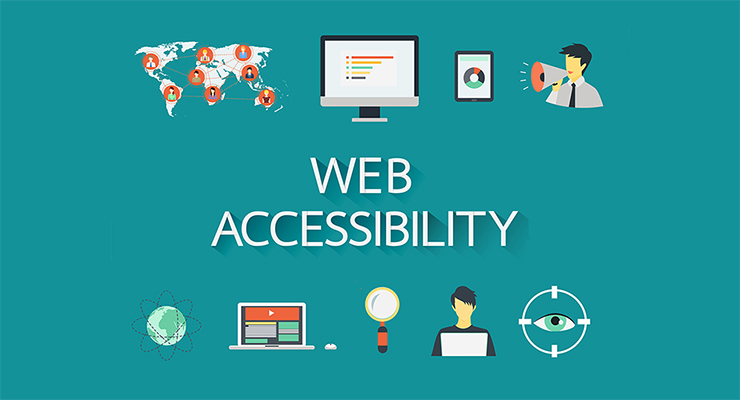Artificial intelligence (AI) has been a
rage for quite a few years now. The
world has been taking about how AI will change the way people interact with the
world around them for years. Right from the way people consume content and
conduct business to the way they interact with their peers and earn a living is
going to be affected by AI-related innovations. The revolution has already
begun, and has managed to influence multiple aspects of the society. AI has had
a major influence on web accessibility, especially with the growth of companies
like AccessiBe.
A number of AI based technologies have been
launched in the recent years, which makes the online world more accessible to
people with disabilities. AI significantly helps disabled people to interact
with the Web just the way everyone else does.
In fact, AI based solutions often prove to be a game changer in the
times when the risk of an accessibility-related lawsuit is on the rise.
The usage of Automated Speech Recognition
(ASR) algorithms that are based on AI technology is gradually creating new
possibilities in terms of creating subtitles and captions for online video
content. Such technologies have been considerably helpful for the users who are
deaf and hard-of-hearing to interact with video content. Not only these computer programs have the
capability to provide live captioning, but they can also help in improving the
performance of websites with the help of self-learning. The usage of ASR
systems can considerably contribute to delivering better captioning over
time. There are many leading technology
companies present today that work on developing various language translations
and captioning solutions for the disabled.
In majority of the cases, people tend to
use a password or a four-digit for the purpose of logging into their laptop or
phone for the purpose of accessing the internet. However, today there is
AI-based facial recognition software available that makes web accessibility a
lot easier for blind and visually-impaired users as it eliminates the need to
use passwords. Many tech companies and
web developers today are experimenting with facial recognition as an
alternative to online CAPTCHA. In many instances, blind and visually impaired
users find it difficult to fill out the CAPTCHA code, which has emerged as a
popular security measure on many websites to avoid bots.
Even though the web is full of videos and
images, it majorly still comprises of text content. Even though it is indeed
simpler for visually-impaired users to interact with text content with the
usage of screen readers, reading articles, blog posts and lengthy documents is
not always easy. To solve this issue, many companies today make use of AI-based
algorithms for creating shorter text summarization of voluminous articles. This
aids in breaking down lengthy and complicated information into chunks that are
digestible for visually-impaired and blind users. More details on making online
content accessible for people with disabilities can be found through companies
like AccessiBe.







0 Comments